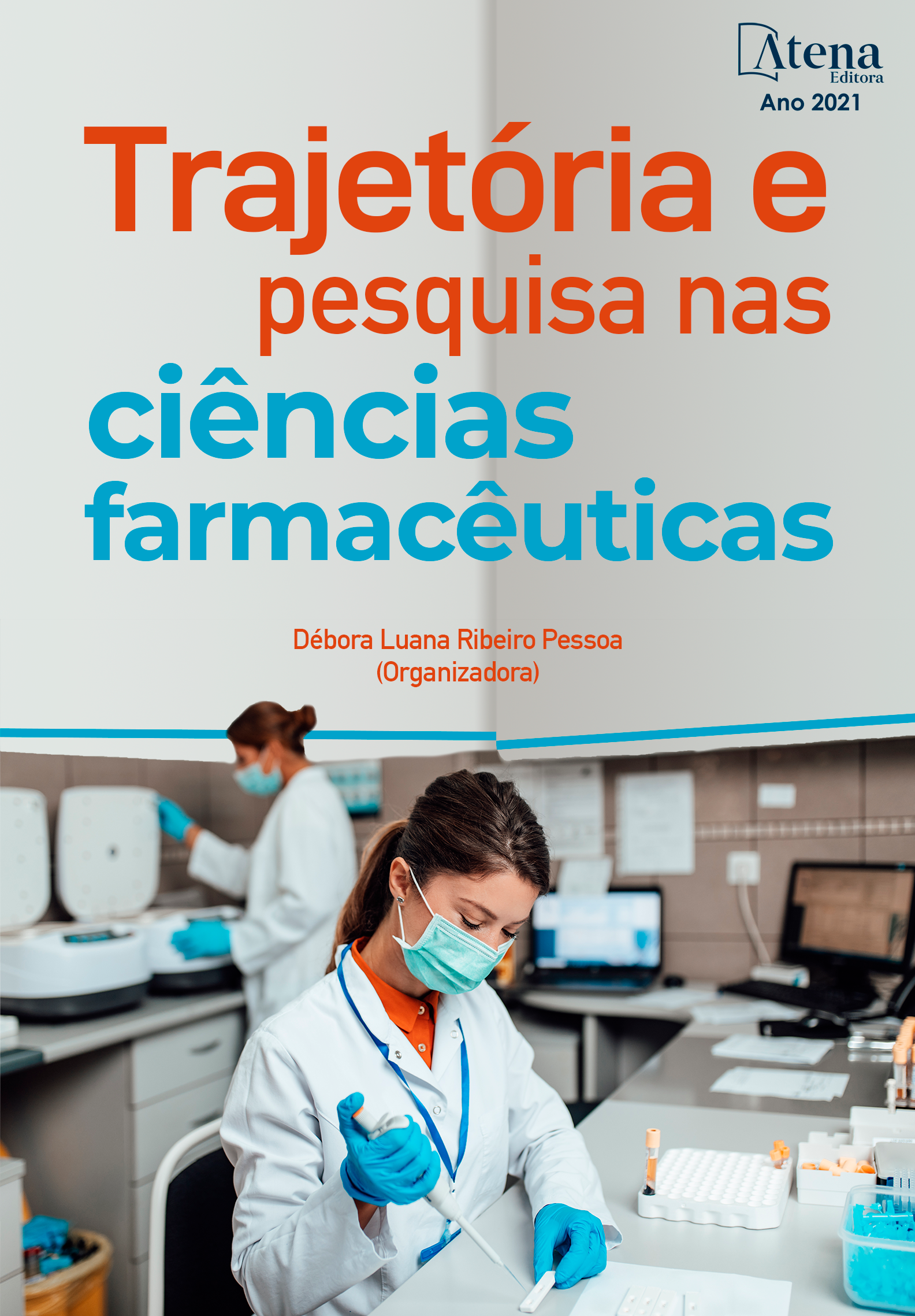
PLANTAS MEDICINAIS E FITOTERÁPICAS CONTRAINDICADOS NA GESTAÇÃO: UMA REVISÃO DE LITERATURA
O número de mulheres que fazem uso de plantas medicinais e fitoterápicas no período gestacional é elevado, e muitas delas, sem o conhecimento dos riscos que essas práticas podem trazer a sua saúde e a do feto, a depender da espécie, dosagem e período gestacional a qual se encontram. Plantas que não poderiam ser utilizadas devido a sua toxicidade, por exemplo, acabam sendo utilizadas por esse público, por diversos fatores; os mais relatados nas pesquisas bibliográficas foram: a falta de conhecimento prévio sobre toxicidade, acreditar que produto natural está isento de dano à saúde, costume cultural que vem passando de pessoa a pessoa, alto preço dos medicamentos alopáticos e falta de divulgação de informações a respeito de seus riscos. Há susceptibilidade frente ao uso destes produtos vegetais no período da embriogênese, pode levar desde os agravos do tipo embriotóxicos até mesmo ao aborto. O conhecimento popular é de grande significado, porém é necessário embasamento científico para utilização do produto vegetal de forma segura, conhecendo quais plantas podem ser utilizadas ou não durante esse período. O profissional farmacêutico deve fornecer a população informações de confiança, principalmente, sobre o uso racional de plantas medicinais, explicando que o material vegetal deve ser comprando em local seguro, para evitar, por exemplo, a troca de espécies; conhecer as plantas abortivas, evitando assim situações indesejadas, entre outras ações que minimizem ou evitem possíveis danos decorrentes da prática do uso de plantas medicinais e/ou fitoterápicos.
PLANTAS MEDICINAIS E FITOTERÁPICAS CONTRAINDICADOS NA GESTAÇÃO: UMA REVISÃO DE LITERATURA
-
DOI: https://doi.org/10.22533/at.ed.41221290714
-
Palavras-chave: Fitoterápicos, Gestantes, Plantas medicinais.
-
Keywords: Phytotherapics, Pregnant Women, Medicinal Plants.
-
Abstract:
The number of women who use medicinal and herbal plants during pregnancy is high, and many of them are unaware of the risks that these practices can bring to their health and that of the fetus, depending on the species, dosage and gestational period. Which they meet. Plants that could not be used due to their toxicity, for example, end up being used by this public, due to several factors; the most reported in bibliographic research were: lack of prior knowledge about toxicity, believing that a natural product is free from harm to health, cultural custom that has been passing from person to person, high price of allopathic medicines and lack of disclosure of information about it of your risks. There is susceptibility to the use of these plant products during the period of embryogenesis, it can lead from embryotoxic type problems to even abortion. Popular knowledge is of great significance, however it is necessary to have a scientific basis to use the plant product safely, knowing which plants can be used or not during this period.The pharmaceutical professional must provide the population with reliable information, mainly on the rational use of medicinal plants, explaining that the plant material must be purchased in a safe place, to avoid, for example, the exchange of species; to know the abortive plants, thus avoiding unwanted situations, among other actions that minimize or avoid possible damages resulting from the practice of using medicinal plants and / or phytotherapics.
-
Número de páginas: 10
- Lidiany da Paixão Siqueira
- Kelly Ferreira Teixeira da Silva Neri


